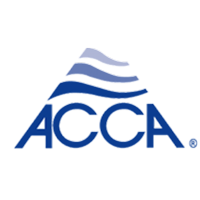Many people only call for air conditioning repair when their system completely stops working. However, the fact is your air conditioner will often give warning signs before a total breakdown that results in new AC installation. Noticing early problems and calling the experts at Solar Air Inc. to handle issues early can save you from the hassle and expense of a full AC system failure. More important, it can stop you from having to endure the uncomfortable feeling of having your AC break down when it’s scorching hot outside.
When you call us, our team of highly trained HVAC technicians will pinpoint what’s wrong, fix the problem and get your AC back on track. We have extensive expertise and provide reliable, budget-friendly AC service for area residents.
Why put off calling the pros until your cooling system breaks down? Skip all that hassle by calling 954-320-7398 today to schedule AC repair in Fort Lauderdale, FL, from Solar Air Inc..
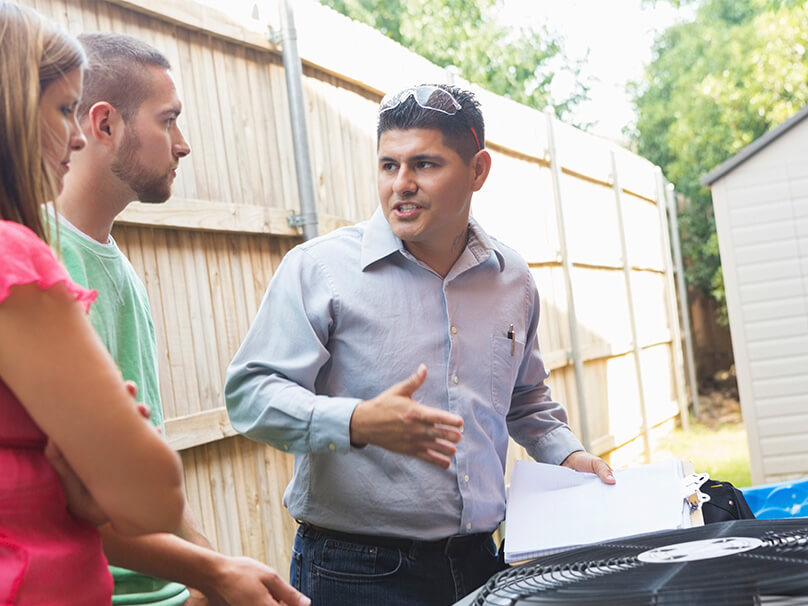
How to Know if You Need AC Repair
What are the signs your air conditioner requires service? From a stinky smell to a lack of cool air coming from the vents, there are many clues that your cooling system has a problem and needs attention or service.
Here are some red flags that trouble may be around the corner and it’s time to call an HVAC technician from Solar Air Inc.:
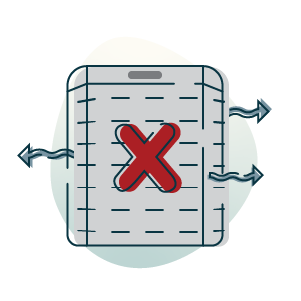
AC is blowing hot air
If warm air is coming from your AC unit instead of cool air, or if the air isn’t as cold as you’d like, it’s a smart move to call us for professional cooling service.
AC keeps turning on and off
If your AC system cycles frequently instead of maintaining steady operation, it could be a warning of potential issues and should be looked at by one of our certified HVAC technicians.
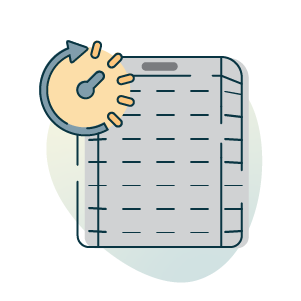
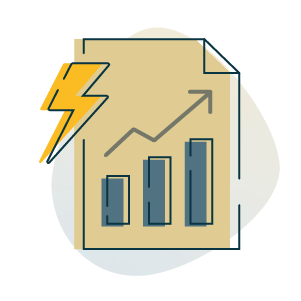
Monthly utility bills spike for what seems like no reason
A big jump in your energy bills can be a sign your AC unit is losing efficiency, which means it uses more energy to keep your space comfortable and needs AC maintenance or repair.
Strange smells are coming from your AC
Air conditioners should not stink. Unusual odors coming from your AC unit should be inspected by an HVAC technician, as they can be a sign of problems like mold, mildew or even electrical issues.
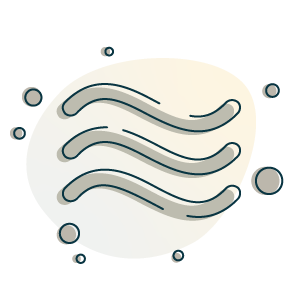
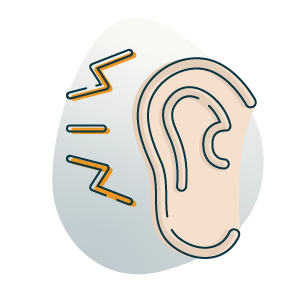
AC starts making noises
If you hear strange sounds when your air conditioner is running — clanking, rattling or screeching, to name just a few — it’s important to call for professional HVAC service to find out what’s wrong.
Request Pro Air Conditioner Repair Now
When you require air conditioning service quickly, contact the HVAC repair experts at Solar Air Inc. at 954-320-7398. We’ll quickly identify the problem when your equipment won’t work or provide enough chilled air.

